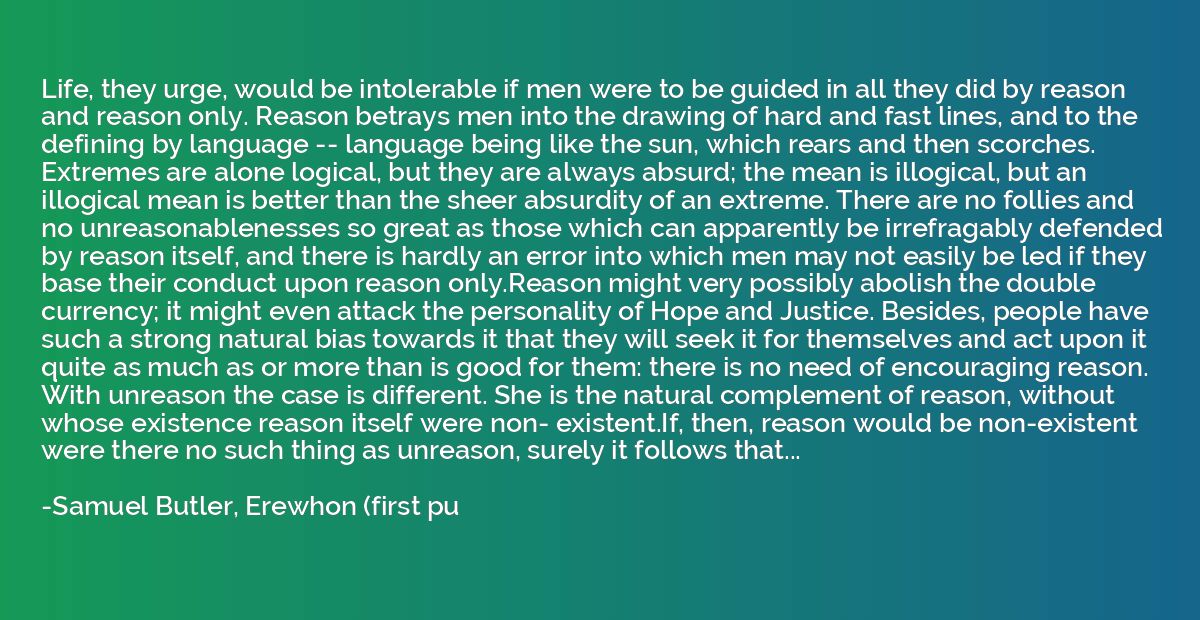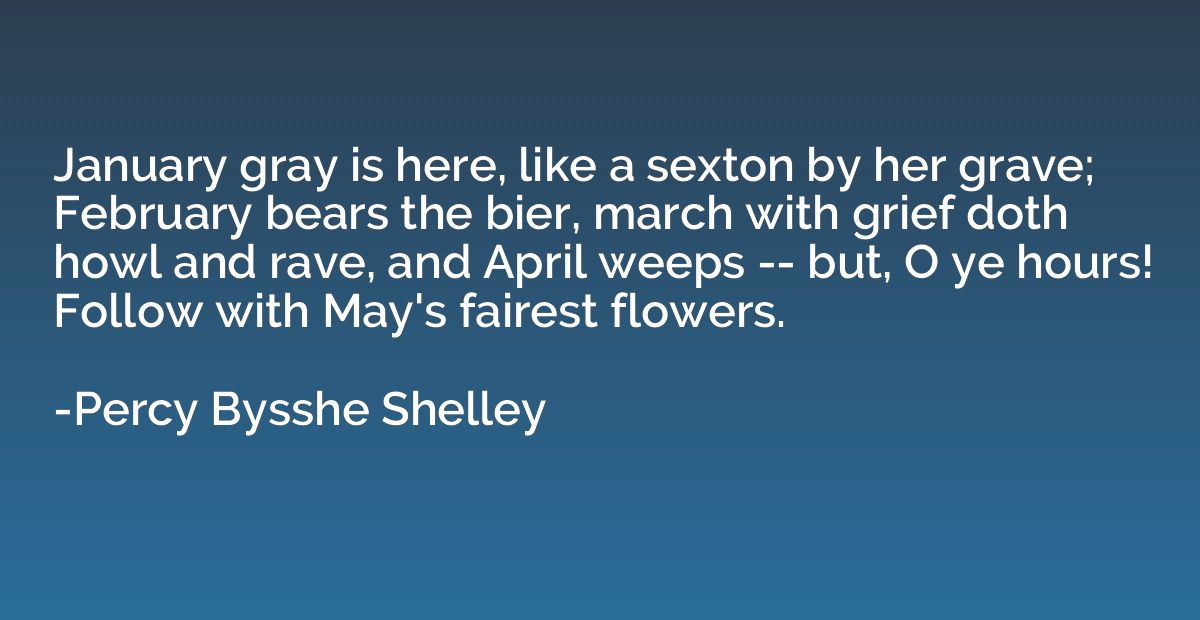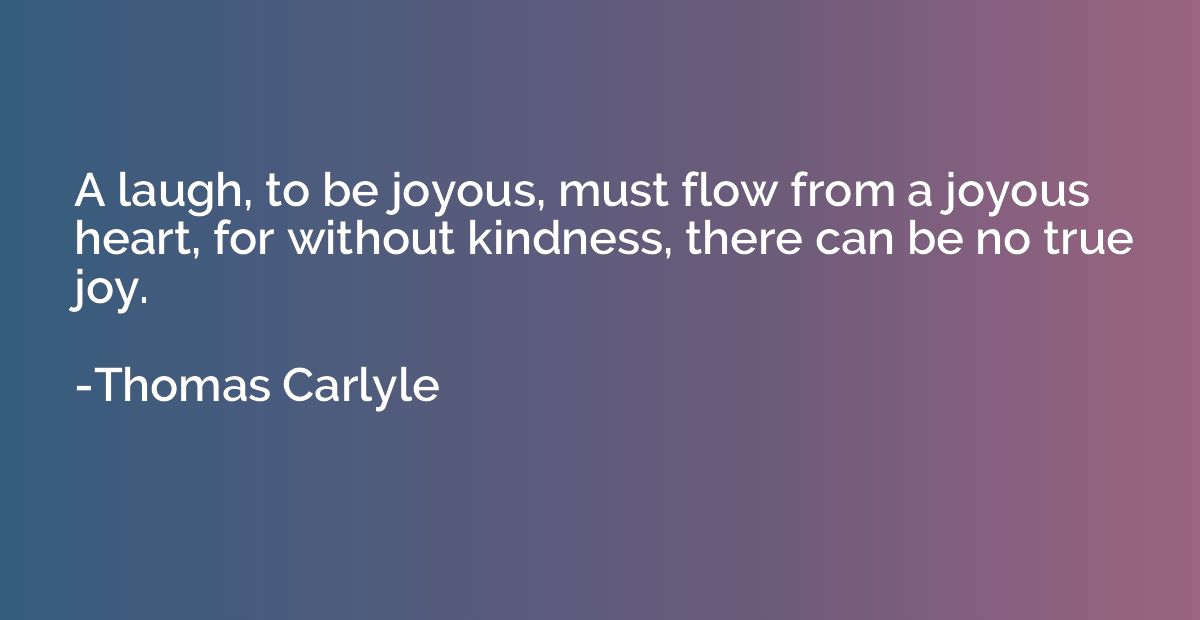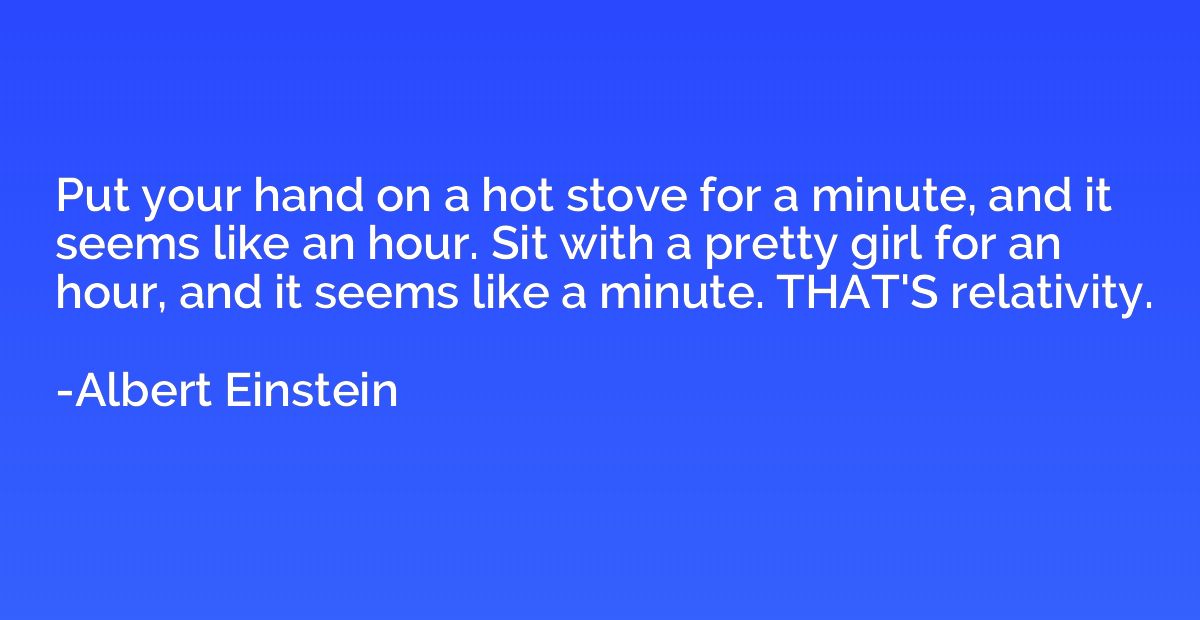Quote by Gavin Weightman
He who gives back at first repulse and without striking the second blow, despairs success, has never been, is not, and never will be, a hero in love, war or business. - Frederick Tudor
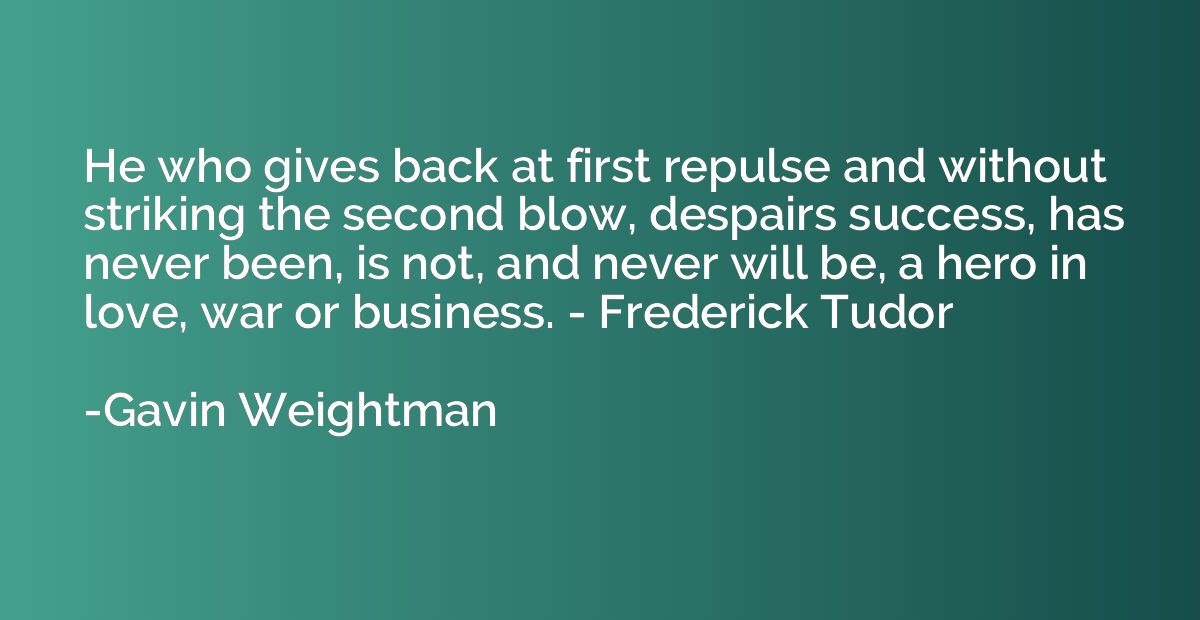
Summary
This quote by Frederick Tudor suggests that true heroes possess resilience and perseverance in the face of challenges. It emphasizes that one should not be discouraged by initial setbacks or easily give up. Whether it be in matters of love, war, or business, a hero is characterized by their ability to overcome obstacles and continue fighting for success. This quote implies that success requires determination, and those who quickly lose hope or refrain from taking a second chance will never achieve greatness.




